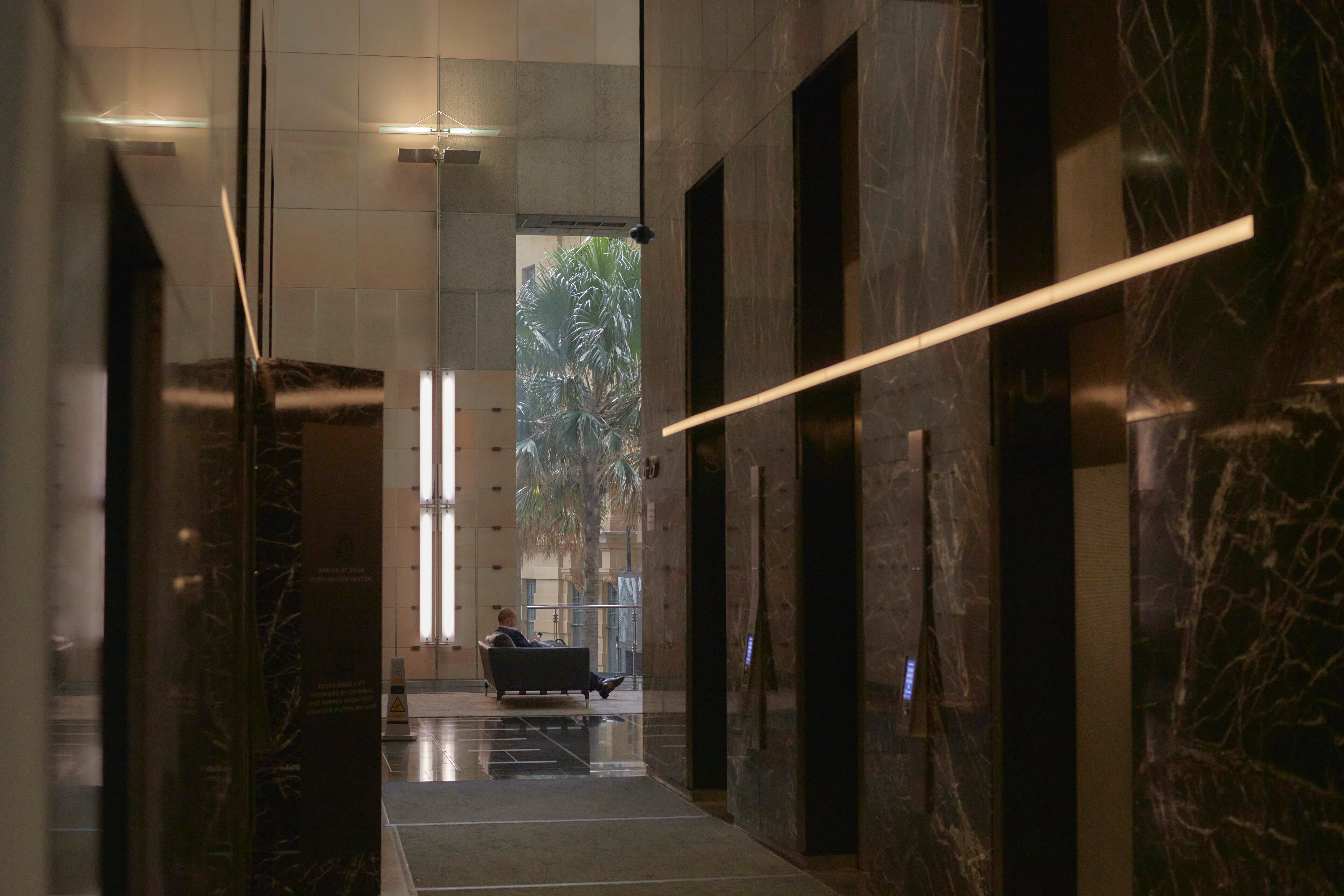The Australian – Joyce Moullakis
Senior Banking Reporter
Finance and investment firm Wingate sees a “huge opportunity” to ramp up lending to established small and medium businesses, as banks have reduced their exposures and rationed credit.
That’s the view of Wingate’s Kevin Wunsh, managing director of corporate investments. The firm is pushing further into providing debt capital to small and mid-sized businesses where it has seen lending opportunities of more than $1.5b over the last 12 months.
“We are seeing high quality opportunities … the focus remains on pursuing high quality credit opportunities with compelling risk adjusted returns” Mr Wunsh said, but also noted Wingate was selective on the loans it took on. “There is a lot we turn down.”
His comments came as estimates of unmet demand in the small business sector for funding range from $60bn to $91.5bn.
The higher estimate comes from new player Judo Bank which has attributed the funding gap to larger banks taking a property-heavy and “industrialised” approach to business loans, and not properly servicing the $300bn sector.
Mr Wunsh said the current climate was aiding non-bank finance firms in carving out a bigger niche, and Wingate was focused on the middle market.
Concerns about the small business funding gap prompted the federal government to announce two measures last year to try to facilitate more lending to small and medium business. They included setting up a $2bn securitisation fund for smaller lenders to be able to access cheaper funding and investors, and a private equity style fund to take small ownership holdings in emerging companies.
On the government’s measures in the market, Mr Wunsh said: “It is recognition of the importance of providing capital and the systemic issue we have across the board … They are not the solution of the entire problem.”
Given the size of the funding shortfall for small and medium business the $2bn fund has confronted criticism for not being large enough.
Wingate is scaling up to capitalise on the demand across growth and working capital, funding for loan books and businesses pursuing acquisitions. It has pivoted from a historic focus on private equity style investments.
Wingate typically provides companies with loans in the $10m to $40m range over terms of 18 months to up to four years, as well as shorter term bridging loans.
The company recently completed a $20m transaction with Crunch Fitness, which allowed the gym chain to fund new facilities and continue its Australian expansion.
Wingate has also developed a specialty warehouse funding side to its operations to support the loan book growth of other lenders. Currently more than 50 per cent of Wingate’s corporate lending book is represented by warehouse facilities.
The corporate investments loan book sits at about $125m.
The corporate investments division is just one of Wingate’s businesses, which include its consumer lending arm and property debt financing unit.
Wingate’s property financing arm was, however, this year entangled in the collapse of apartment developer Ralan Group alongside another lender Westpac. Administrators and receivers are still trawling through Ralan’s affairs.
